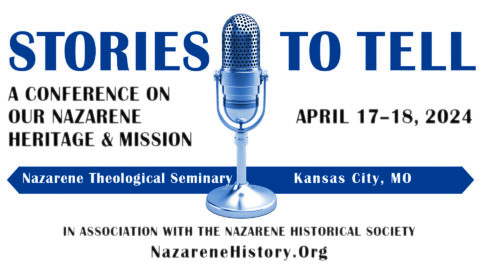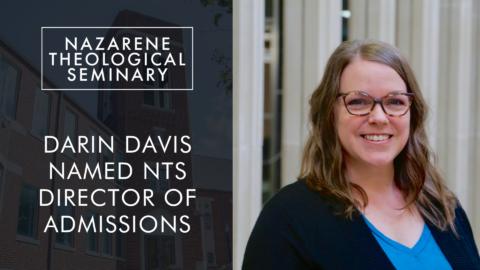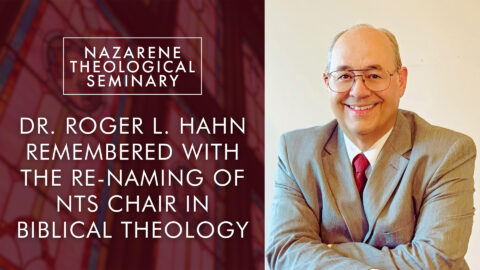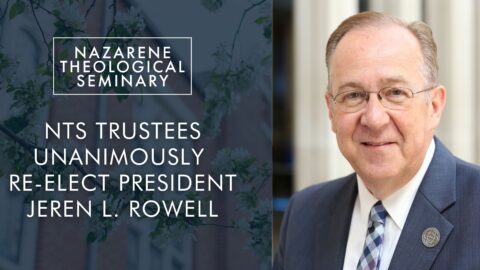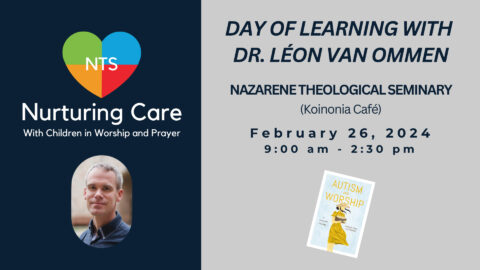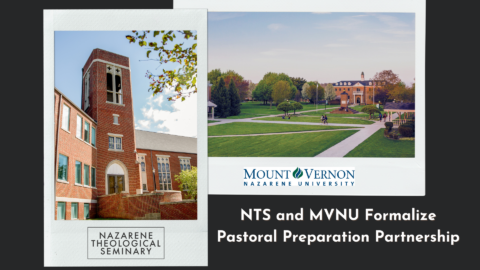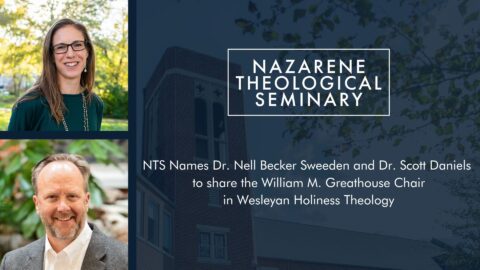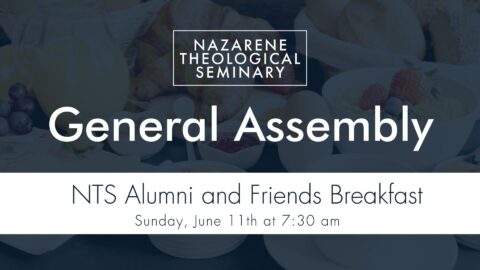On May 4th, NTS celebrated its 73rd graduating class. Each year I listen intently to testimonies of students and mentally compile common themes and phrases from the testimonies. How do our graduates reflect on their studies? How do they talk about their ministry or calling? What support networks do they name? How are they integrating their learning with their contexts of ministry? There is much to celebrate in these testimonies, but there are at least three increasingly common themes worth noting.
Education is formation. Despite the constant pressure for education to become a transaction (I pay, do, or complete this; I get that), our graduates reflect NTS’s deep conviction that theological education is ultimately an act of worship. Education does offer concrete benefits, but it is the intangible and incalculable rewards that are most lasting and fulfilling.
In their testimonies, graduates often highlight memorable experiences at NTS. Rarely does passing a test or completing an assignment or course make the list. What graduates name are key transformational moments and relationships that marked their journey and propelled them forward. Graduates highlight the key persons who shape their lives—professors, pastors, family, and friends. These are the mentors and partners on a journey in which the degree diploma, as important as it is, was never the point. In this sense, NTS graduates recall the primary purpose of theological education as encounter with the triune God. Academic structures support that encounter, but transformation occurs within a learning community comprised of a unique web of communities and relationships.
Content (still) matters. In a world saturated by content that is searchable, immediately available, and even, at times, intrusive, educators have questioned the place of content transmission in the learning process. Seminaries have a unique place in the conversation because theological education should never be reduced to mere knowledge acquisition. Our focus is sapiential knowledge—the cultivation of wisdom—so that ministers can faithfully discern and act in ever-changing and complex contexts.
I keep expecting to hear graduates name their experiences of content saturation; a sense of “content overload.” I anticipate negative associations with those classes that still entail the memorization of dates, figures, and events, or require the ability to articulate the context of a biblical passage or a theological position without a book (or search engine) handy. But it doesn’t happen. Instead, graduates consistently name their appreciation for mastering content, which includes mastery of how to engage, interpret, or evaluate the plethora of content that infiltrates their daily lives. Acquiring knowledge for knowledge’s sake is not the point, but graduates are reminding us that content—especially deep-rooted and critically-evaluated content—is at a premium in today’s world. They appreciate the time and space to learn and absorb such content. They appreciate having the breadth and depth of knowledge that enables them to say something more substantive than, “in my opinion…”
Head-Heart-Hands is deeply engrained in the NTS educational ethos. John Wesley once suggested the nature of true Christianity could not be reduced to ‘right doctrine’ and ‘right practice’. Christian faith entails a ‘right heart’ expressed in love of God and neighbor—a needed emphasis given the eighteenth-century context of English Christendom. The threefold formula captures some of the spirit of early evangelicalism that continues to be reflected through NTS’s own Wesleyan-Holiness heritage.
Our graduates confirm that head-heart-hands is more than just an educational ideology. They describe their time at NTS as one that nurtured practical wisdom and developed within them a sense of theological know-how. They think critically about the what and the how of ministry; they’ve practiced and tested what they’ve learned, and they have discovered how to draw from deep wells.
More fundamentally, though, our graduates reflect Wesley’s emphasis on a right heart as expressed in love of God and neighbor. Their vocational passions and ministerial commitments are preceded by an ever-deepening love that permeates their understanding of God, self, and others. And this is what gives me the greatest hope. In all of complexities and uncertainties of the future, love properly directed will triumph. Maybe this is why Wesley equated a right heart with the peace that comes from trust and confidence in God; a peace which “surpasses all understanding” (Phil. 4:7).
In light of these common themes in our graduates’ testimonies, I can’t help but be grateful for the Spirit’s movement in and through the NTS community. As we celebrate the gifts of our graduates, we anticipate the ways God will continue to use them for the sake of the church and for the life of the world.

Dr. Josh Sweeden
Academic Dean and Associate Professor of Church and Society


